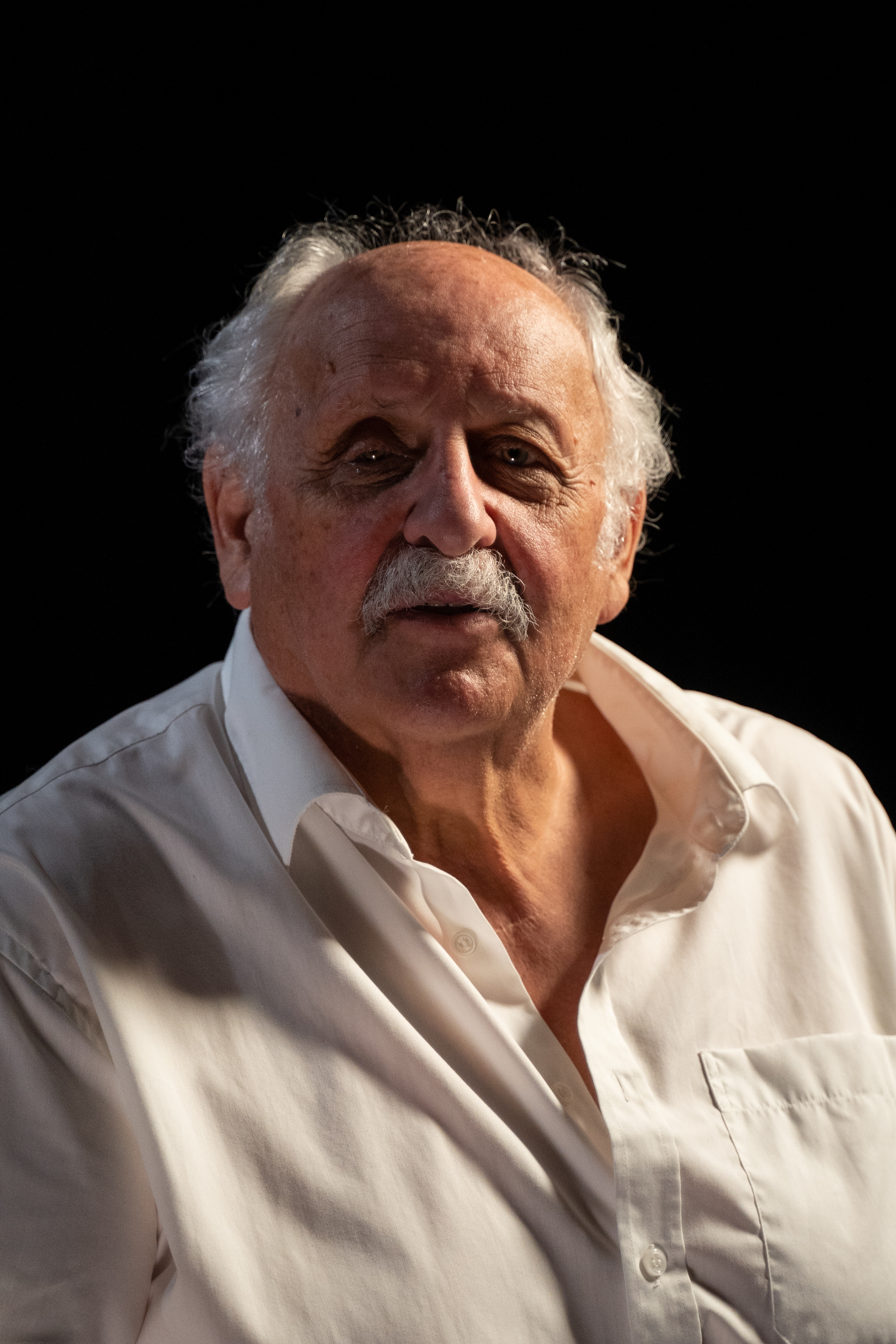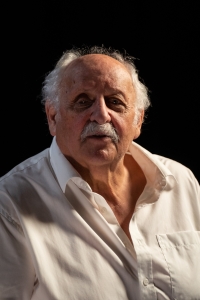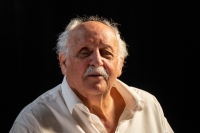I was barely two weeks old when I was deported to a concentration camp

Download image
Juraj Alexander was born on September 10, 1944 in Bratislava as Juraj Tannenbaum. He was barely two weeks old when he and his mother were deported in the second wave of transports to the Terezín concentration camp. Despite the harsh conditions, they managed to survive and return to post-war Bratislava. Two years after the end of World War II, Juraj’s mother remarried and Juraj became the adopted son of František Alexander. Juraj’s musical talent began to manifest itself from an early age, which his parents decided to support. In 1959, Juraj entered the Conservatory in Bratislava, where he studied the cello under the guidance of Gustáv Večerný. After graduating from school, he decided to audition for the SND Opera, in which he succeeded. Juraj’s musical career began to progress rapidly - after only a year he held the position of concert master at the SND Opera. After returning from compulsory military service spent in the Military Art Ensemble, he joined the Slovak Chamber Orchestra in 1968, which at that time was led by Bohdan Warchal. Juraj remained at this position until 1995. In 1933, he returned to the SND Opera as concertmaster of the cello group. He ended his active career in the Slovak Philharmonic, where he worked until 2011.

